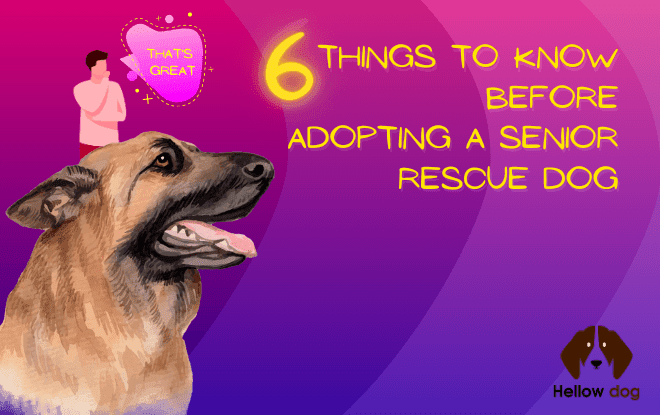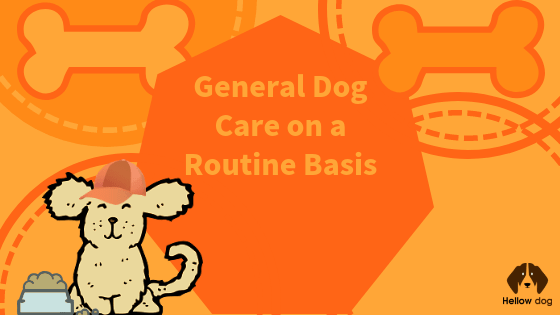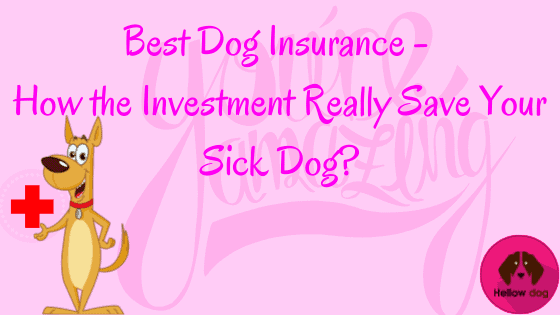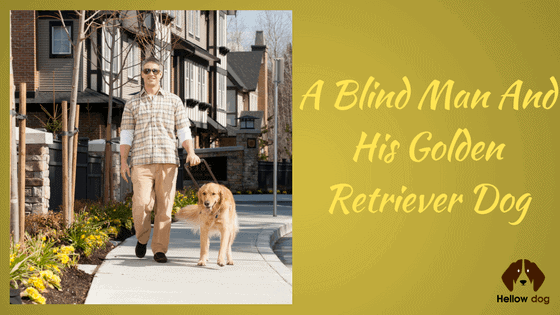Dog ownership is deeply fulfilling and enjoyable, and during these challenging times, it’s understandable that many individuals would want a dog to keep them company.
After all, as more and more of us work from home and spend more time alone as a result of social distancing, a four-legged companion can offer many benefits.
However, it can be hard to choose a new dog. Puppy breeders aren’t always scrupulous, and with so many pets getting abandoned, it’s understandable that more and more people are turning to rescue centers when they want to add a dog to their family.
As well as giving you a furry new companion, there are many additional benefits to giving a rescue dog a forever home. Not only is it often much cheaper to acquire a rescue dog compared to purchasing a puppy for those who are concerned about finances, but rescuing a dog can often be one of the most rewarding things that you will ever do. You’ll get to meet a new pup with a unique personality and see them blossom from a timid rescue dog into a confident dog who loves their new home.
Sadly, rescue centers are often filled with older dogs who struggle to find a home because the majority of people are looking for a pet that they will get to spend a longer amount of time with. But giving an older dog a loving, comfortable home where they can live out their golden years is too rewarding a chance to pass up.
Senior dogs offer many benefits to their owners. For one thing, they’re usually very affectionate and love to snuggle on the sofa. Most senior dogs are fully trained, so you won’t need to spend a lot of time and effort teaching them to sit, stay, and heel.
So, when you’re next considering rescuing a dog, don’t just look at the young puppies. You should consider the older dogs, as rescuing a senior pet could bring lots of joy to your life, as well as the many benefits listed above and even more.
If you want to make sure that a senior dog has a loving home for their remaining years, here are some crucial things to know before you sign the adoption papers.

Diet
A senior dog will typically have some different dietary requirements compared to a younger dog. Older dogs tend to have less energy, need less exercise, and have a naturally slower metabolism so it’s important to ensure that they get a diet that provides them with all the nutrients that they need without risking weight gain. Raw senior dog food from Bella & Duke is an ideal choice since it is specially formulated to ensure that your dog is getting all the nutrients that they need in old age. If you’re adopting a dog that’s used to kibble, Bella & Duke has a lot of useful information to help you safely make the switch over to raw senior dog food.
Exercise
Most older dogs are ideal companions for those who don’t have a lot of spare time since they do not require a lot of walking and exercise. While there’s no excuse to not take your older dog out for a daily walk, most are quite happy to amble around the local park on a short walk, and there’s no need to spend hours hiking with them. Walking an older dog can be as simple as sitting on a park bench while they explore the immediate area by ambling around and stopping to sniff. Make sure that you tailor your walks to suit your new senior dog so that they feel comfortable and don’t get worn out. If your dog struggles with their mobility, then you could consider physiotherapy or getting them a doggy massage.
Equipment
Older dogs might require some more specialized equipment compared to their younger counterparts. It’s important to bear in mind that older dogs are more likely to get stiff and sore, and one of the best things that you can do to support them is to provide them with a comfortable bed. Older dogs often benefit from thick, memory foam beds that are designed to take the pressure off their joints and help them get a comfortable sleep every time. Your older dog may also require a harness with a handle to make it easier for you to help them up if they are prone to slips and trips. When shopping for equipment for your new senior dog, make sure that you read reviews and search for those that mention senior pets. Some products are specifically designed for older animals, while others just work well for them. Choose wisely and if your new product isn’t working, then return it and try another. The use of quality products that make your dog comfortable is even more important when your dog is older, as their comfort is a top priority.

Vet Visit
Most reputable rescues will ensure that all dogs are checked over by a vet before they are adopted. Still, it’s a good idea to book a visit with your own vet as soon as possible. This will give your dog a chance to get to know the vet and allow you to get a comprehensive report from your vet about their health. You will be able to ask your vet to take a more in-depth look at any issues that may have come to light during the vet check-up at the rescue center and put together any necessary treatment plans to help your dog be more comfortable. Ask your vet to check for any reoccurring issues, such as sore joints or sight issues, then ask them for recommendations on ways that you can make your dog more comfortable. Even if your new senior dog gets a clean bill of health, you should still take it for regular check-ups and watch out for any signs of discomfort. If your dog appears to be in pain, or something changes in their behavior or general health, then take them to the vet to identify the problem as soon as possible. A proactive approach will ensure that small health concerns don’t turn into major issues, which can happen more quickly when you own a senior dog than when you get a puppy.
Insurance
Since older dogs tend to be more prone to health conditions and injuries, it’s a wise idea to get a good pet insurance policy that will cover you financially if you are hit with expensive vet bills for your dog’s treatment. Bear in mind that if your dog has pre-existing health conditions due to their age, you may need to budget for a higher insurance premium. Some pet insurance companies work specifically with pets that have pre-existing conditions; this might be worth looking into if you are struggling to find a policy within your budget. Consider checking out a range of providers, including insurance companies that specialize in senior dogs and dogs with pre-existing conditions. Remember, not every insurance company is on price comparison sites, so take the time to explore a range of policies and prices so that you can find the best deal for you and your new pet. It’s also important to remember that price isn’t the only factor to consider; take a look at the excess and the terms of the policy, so that you can find the best deal out there.

Getting Your Dog Used to Their New Home
Moving from a rescue center to a new home can be a stressful experience for any dog, but older dogs, in particular, might need a little more time to adjust. Be patient with your pet and give them plenty of time to get used to the new people and the new surroundings. It can be useful to bring clothes or blankets with your scent to the shelter before you finalize the adoption and bring the dog home, to help them get used to your scent before they arrive. Once they arrive at your home, you must be patient with them and remember that things could be tough. Don’t be surprised if your new pet gets lost, confused, or has a couple of accidents. Make sure you’re prepared for any eventuality and can quickly clear up any messes or deal with any issues. Being prepared for anything is key when you’re welcoming a senior rescue dog into your home. Over the first few weeks, you’ll learn their habits, and you can both adjust to being in each other’s space. Be patient; it might be a tough few days, but eventually, you’ll wonder how you ever lived without your senior rescue dog!
Adopting a senior dog can be one of the best things you’ll ever do. But before adopting a golden oldie, make sure that you’re aware of their specific care requirements. Use this guide to help you understand what your new senior dog might need so that you’re prepared before you bring them home.







